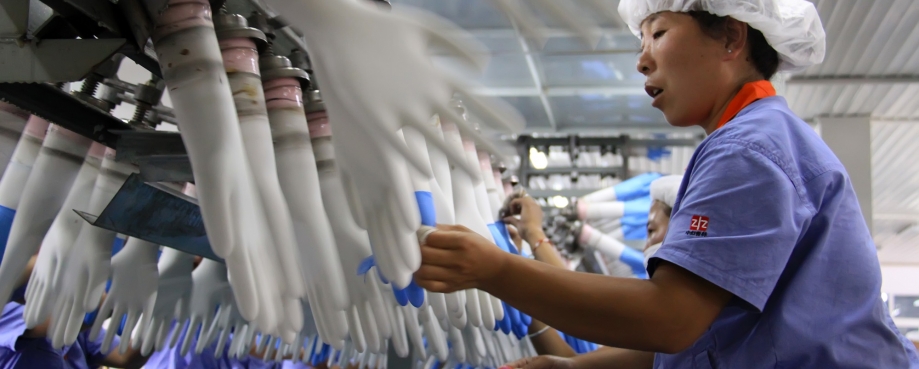
ETI teamed up with the British Medical Association (BMA) and Department of Health to revise the Ethical Procurement for Health Workbook, which reinforces the importance of ethical procurement in the health sector, particularly in the NHS supply chain.
The Ethical Procurement for Health (EPH) Workbook aims to provide practical guidance for organisations in health and social care to embed labour standards considerations into procurement and supplier management activities.
Crucially, the workbook builds awareness of labour risks in supply chains serving the health sector so that these can be addressed proactively and constructively.
A first version was published in 2011. But, following changes in legislation such as the Modern Slavery Act, and in international guidance on addressing human rights in supply chains, it became clear that the original workbook needed bringing up-to-date.
Here are seven reasons why the latest version is so important:
- The refreshed workbook reinforces the importance of ethical procurement for the health sector.
- Its model of continuous improvement provides an opportunity for procuring bodies to implement ethical procurement over time and track progression.
- It’s very practical and includes case studies and live examples of how ethical procurement can be addressed.
- Sustainable and ethical policies and practices will result in better managed and more sustainable operations that are based on mutual trust, respect and shared values – up and down the supply chain.
- The guide will provide organisations with many of the elements they will need to address in their Modern Slavery Statements.
- This is a step-by-step guide that will give organisations the opportunity to progressively demonstrate leadership and good practice in ethical and sustainable procurement and in human rights due diligence.
- And finally, ethical and sustainable procurement will help protect companies from reputational risks with customers and the public, if labour rights abuses are found and publicly exposed.
ETI’s public procurement training will soon be revised in line with the updated guidance and current legislation, and if you would like further information on our role in the Guide's revision, contact Cindy Berman.
The Ethical Procurement for Health Workbook can be downloaded here. Information on the BMA's Medical Fair and Ethical Trade Group can be found here. For access to EPH E-learning go here.
